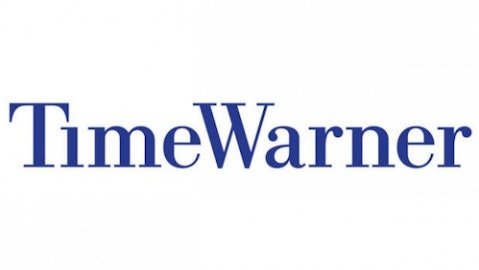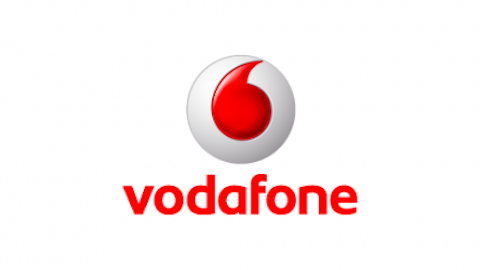Time Warner Inc (NYSE:TWX) recently entered into talks with a major private equity firm to spin off the bulk of its Time print-media division and continue on as a leaner, smaller firm that focuses more narrowly on visual and digital media. Although the talks have been described as “preliminary,” Time Warner has a clear impetus to shed this business. Even if the current talks amount to nothing, it seems likely that Time Warner’s days as a unified media conglomerate are numbered. Accordingly, the company’s shareholders stand to benefit in several ways. If the proposed deal does go through in its current form, it may close by the end of 2013.

New York-based Time Warner is a diversified media company that produces films, network television and print media products. It also operates a full-service cable television network that primarily serves customers in the New York region, the mid-Atlantic states, and certain areas of the industrial Midwest. Further, Time Warner Inc (NYSE:TWX) manages and creates content for several popular subscription-based television channels, including HBO and Showtime. It also sells DVDs, Blu-Ray discs, and other digital media hardware. In 2012, the company earned $3 billion on gross revenues of about $28.7 billion.
How the Deal Is Structured
The deal’s pricing and final terms have not yet been finalized. As such, it is difficult to provide current Time Warner shareholders with an accurate estimate of what they stand to gain from it. Judging by the market’s reaction to the news of the deal, more information is needed before investors can accurately judge its merits. Since its mid-February announcement, Time Warner’s shares have mirrored the broader market’s middling performance.
However, the deal’s basic contours have developed nicely. It now appears that Time Warner Inc (NYSE:TWX) will hold on to its iconic Time and Sports Illustrated magazine properties. It looks to retain control over Fortune as well. On the other hand, the company appears committed to ditching popular properties like People and InStyle. In general, Time Warner looks eager to move away from the volatile celebrity-gossip and personal-style markets and focus on its straight-news, personal finance and sports-analysis activities.
In any event, the spin-off will create a publicly-traded company in which private equity firm Meredith Capital will be a significant stakeholder. Since the private equity firm already owns a suite of lifestyle-focused magazines and media properties, this deal makes perfect sense for it. In effect, Time Warner will cede much of its female audience to Meredith while bolstering its male readership.



